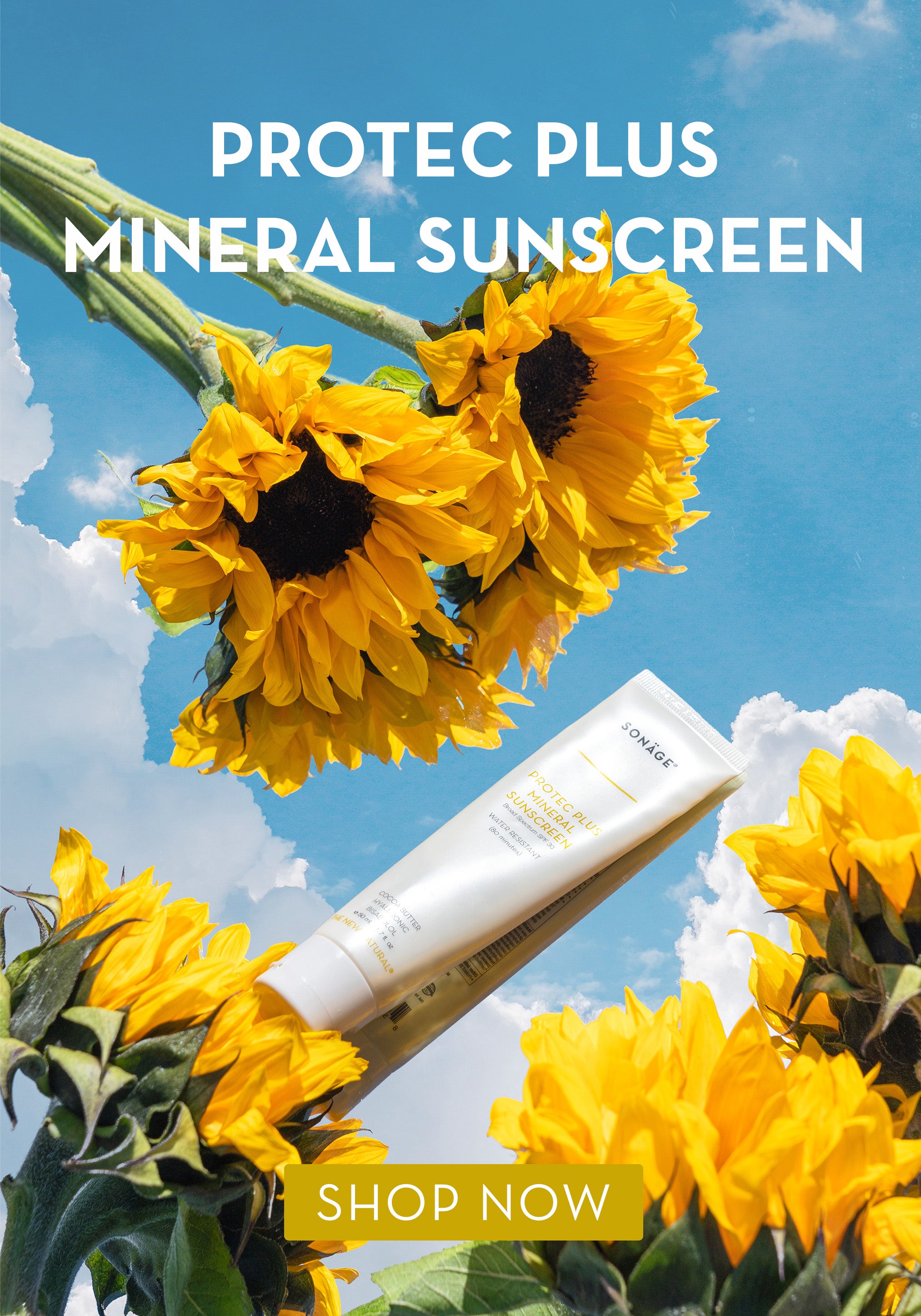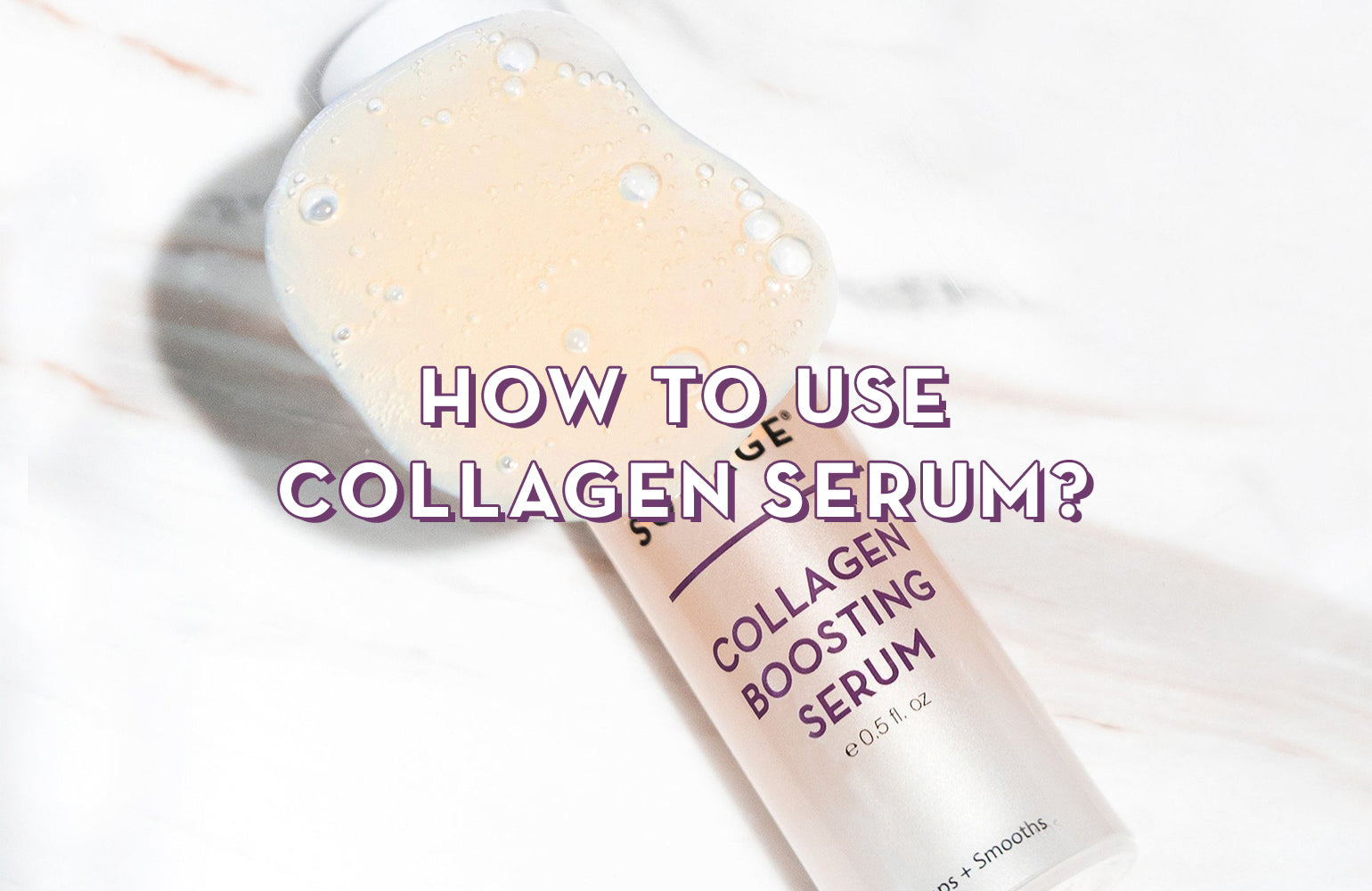
AT A GLANCE
-
WHAT IT IS
We are busting 10 myths about sunscreen usage -
WHAT IT DOES
You may think that you do not need sunscreen indoors, but you do! This is one of many myths around sunscreen. We've compiled 10 myths surrounding sunscreen. Read to learn more about it -
HOLY GRAIL PRODUCTS
Protec Plus Mineral Sunscreen
Busting 10 Myths About Sun Protection
Sun damage is one of the most common as well as grave reasons for skin related issues. From simple darkening of the skin to dangerous skin cancer, unprotected sun exposure is the root cause for most skin troubles.
While we all know that sunscreen with a good SPF with broad spectrum protection is required to keep ourselves protected from harmful ultraviolet rays of the sun, there are one too many myths that revolve around sun protection and sun damage. Let's bust them all and along the way provide 10 tips for protecting your skin from the sun.
Myth 1: Sunscreen is not needed on cloudy days.
False. The UV rays of the sun are present in the day, irrespective of the weather or climate.
Wear a sunscreen daily. Daily sun protection is important to keep yourselves protected from UV rays as well as to make sure that any existing sun damage isn't made more severe.
Myth 2: UV rays don't penetrate through airplane or car glasses.
False. While UVB rays may get blocked by glass, UVA rays, which cause skin cancer, cannot be blocked by any glass.
To protect yourself from the harmful UV rays, it is necessary to wear sunscreen during the day, irrespective of you are staying in, stepping out, or commuting in an enclosed vehicle.
Myth 3: Fake tan gives sun protection.
False. Fake tan is only for aesthetics and it doesn't protect your skin from sun exposure.
Irrespective of whether you have a fake tan, real tan, or no tan, always wear your sunscreen, reapply them, and wear large hats and scarfs when stepping out during peak day hours.
Myth 4: Medium-deeper skin tones don't get skin cancer from sun exposure.
False. While lighter skin tones are more prone to skin cancer due to sun exposure, it doesn't mean that olive and other skin tones aren't prone to skin cancer.
When you get a sun burn or a pigmentation that look like a lesion, get it checked immediately, irrespective of your skin colour.
Myth 5: You don't need sunscreen if you have dark-coloured skin.
False. Even people with dark skin colour get tanned, sun burnt, and suffer from other sun damages. While the type of damage may be different, it is still quite harmful to step out without sunscreen.
If you are medium to deep skin toned person opt for a mineral sunscreen with broad spectrum protection that doesn't leave a white cast.
Myth 6: Only women need sunscreen on a daily basis.
False. People of all genders need to wear sunscreen daily.
Don't restrict to wearing sunscreen only when you are doing outdoor sports or when you are in the beach. Wear sunscreen everyday as part of your skincare regime.
Myth 7: When your makeup with SPF, you don't need additional sunscreen.
Not true. Unless the makeup has SPF 30+ it is not going to protect you from sun damage.
Even if your makeup has a good SPF, you would still need sunscreen for reapplication. Reapply a good sunscreen every 3-4 hours.
Myth 8: Using sunscreen causes vitamin D deficiency.
Not true. Even if you wear sunscreen, 2-3% of sun's UV rays still penetrate into your skin, which provides your body with enough Vitamin D.
If you have vitamin D deficiency, consult your doctor instead of venturing out in the sun without sunscreen. Usually, they may recommend you to wear sunscreen and take a walk in the evening or early morning sun.
Myth 9: Clothing is enough to block UV rays.
False. Not all clothing blocks UV rays. Paler, pastel colours may keep you cool but are terrible at sun protection.
Vivid colours like red, yellow, neon etc absorb UV rays and thus might give you more sun protection than a white or pastel shirt. However, thicker, darker clothes despite blocking UV rays by absorbing them may end up making you feel hotter. So, in summers, it's wise to mix up your colours and patterns in a way it gives enough protection without making you feel hot.
Myth 10: All sunscreens are good sunscreens.
False. Depending on your needs, skin tone, and location, you must opt for the right type of sunscreen. It's wiser to prefer a non-greasy, natural sunscreen over dense, natural ones.
Opt for a non-greasy, lightweight, natural mineral sunscreen with Zinc Oxide provides broad-spectrum protection, like Sonage's Protec Plus Mineral Sunscreen. This sunscreen is also reef friendly, so protect the marine live while protecting your skin.

Read More:



